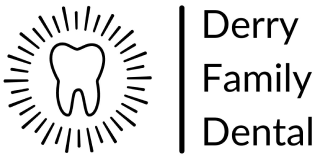
Jaw pain is not normal.
If jaw pain is part of your everyday life, it may seem normal to you. The truth is, jaw pain is far from normal and may be a symptom of a condition called TMD from one or both of your TMJs. Those are the joints of your lower jaw, called TemporoMandibular Joints. When disease or misalignment occurs, the TMJ and surrounding area becomes inflamed — which is what causes pain and other symptoms.
- Headaches
- Earaches, tenderness around the ear
- Face or jaw pain and tenderness
- Muscle pain in your neck, shoulders and upper back
- Ringing in the ears
- Clicking, popping, or grinding jaw
- Difficulty chewing, yawning or opening your mouth
What are the signs of TMJ disorder (TMD)?
How do we diagnose and treat TMJ disorder?
Diagnosis
Treatment of TMD begins with a comprehensive clinical examination, to check your face, jaw, bite, joints, and teeth. During your appointment, we will check for pain and tenderness and listen for clicking or popping when you open and close your mouth, swallow, or chew. If the disorder is diagnosed, a bite splint or night guard is often recommended as the initial treatment.
Treatment and Relief
Our treatment application involves bite splints, which are custom-created plastic mouthpieces, designed to fit over your upper and/or lower teeth. These type of devices prevent the grinding and clenching that often causes or worsens TMD. The splint also realigns the jaw, removing stress on the surrounding area.
Alternative Treatment Options
If a misaligned bite or missing teeth are the cause of your symptoms, we may recommend orthodontics or restorative dental work. If your bite is placing undue pressure on the TMJ’s, we may suggest reshaping individual teeth to redistribute the bite force evenly.
Contact us today
to schedule an initial consultation & exam.
Your consultation will include an examination of everything from your teeth, gums and soft tissues to the shape and condition of your bite. Generally, we want to see how your whole mouth looks and functions. Before we plan your treatment we want to know everything about the health and aesthetic of your smile, and, most importantly, what you want to achieve so we can help you get there.






